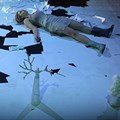#BizTrends2021: 3 new trends to anticipate in arts and culture
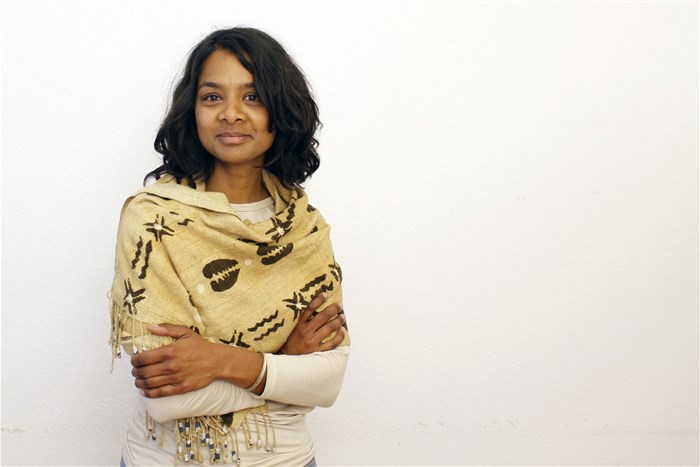
Here are three new trends to anticipate in arts and culture as we move into spring and creep on towards the year end, stock-taking and closure:
Bodies
In the next few months we will continue our journey through winter, through the third wave of the Corona Virus, and the repercussions and reflections emerging from social unrest, violence and economic hardship. There is a bewilderment which accompanies grief and loss. A dislocation as one has to recognise and adjust from what was, to what is.
As we emerge from the third wave, there will be a returning to the body, to the tangible, to felt experience. Sun on skin, spent muscles, new haircuts…Having sickness so present for a sustained period now, we are more aware of the fragility of our bodies. The nature of the sickness which we are learning to live with, is not fully understood, and what precisely living with it means, is slowly emerging, and will continue to emerge for some time. In health and healing our attentiveness to our specific physiological responses, reflects a kind of attentiveness to diverse individual experiences of the body in a way that health may not have otherwise. Consider this, alongside the hyper-awareness and brazenness of younger generations’ comfort with nuanced and diverse gender, sex and sexuality identities, predominantly unpacked on the hyper-intimate setting of personal phones and individual apps. This sets up a readiness, or perhaps an expectation of representation and engagement with a diversity of bodies. This includes experiences, visual representation, and curatorial themes.
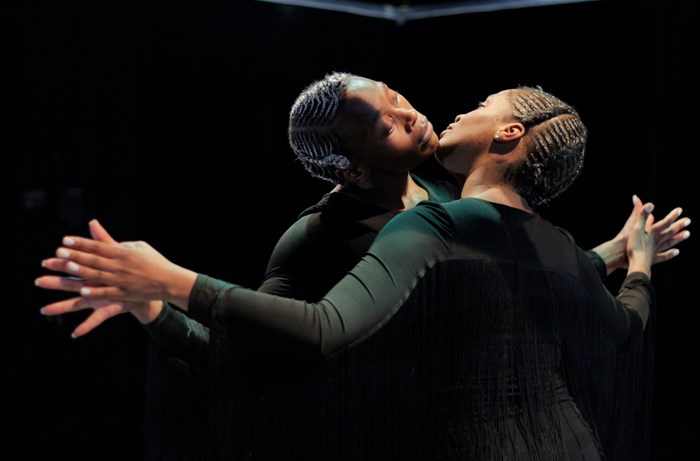
It’s time for beauty industries to go back to the basics of skin, hair, shapes and textures. This could also be a moment for the tourism industry to step in, but with a new more intimate, careful and caring approach in response to our greater awareness of both the fragility of our bodies and the value of live experiences for ourselves and with our loved ones. Less escapism, more offering space which makes room to carefully explore, to rest and be, which offers support and comfort. Likewise in the arts, the approach is often more gentle, reflective, drawing from ritual and the senses to move through and understand current times.
Time, and memory
Time is still changing. In January I wrote about the shortening of it. Now I reflect on how we begin to make sense of the shortening of time in relation to meaning in our lives. If we have moments to reflect, because the hours are more packed than ever before, the matter of memory and memorializing is likely to emerge.
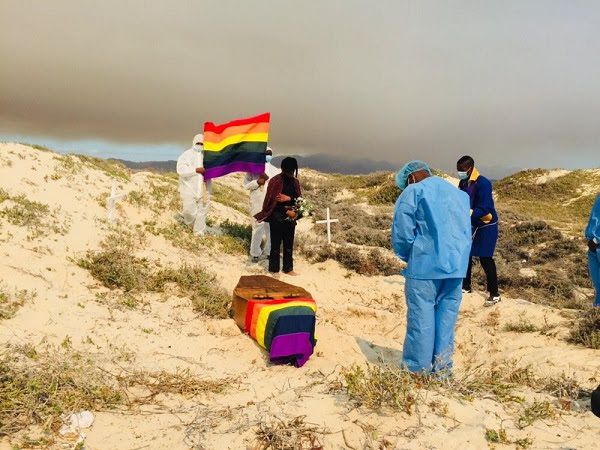
We are surrounded by loss of life, with the death of someone close, socially we recognise and accept the time for pause needed. This is often a time to remember and to recall.
With greater loss of life, the acceleration of time, brings an urgency to need to experience, to make and mark memory - to memorialize.Think about what we create or share, and how to make it lasting. This can be a tangible symbolism, or a reignition of the notion of the archive, this can be an attentiveness to process as we mark steps and developments.
Communities of healing
Healing was a big theme pushed by artists this year at the National Arts Festival, in nuanced and differing ways. We should see this continue, as the sustained lockdown again reduces our worlds and requires that we face that which we otherwise manage to deflect or postpone.
People are more prepared or able to speak about their needs, as there is more commonplace questioning and assessment of the new routines and modes of working, living, schooling. We also saw through the riots, community responses of support, echoing the same community action and care shown during our first major lockdown in 2020. People are more familiar with online tools, and increasingly using them for personal needs as well as work or school needs. Healing is happening through reaching out, through community and with greater ease on online platforms, but there is also less tolerance for badly produced online events, glitchy technology or unclear communications.
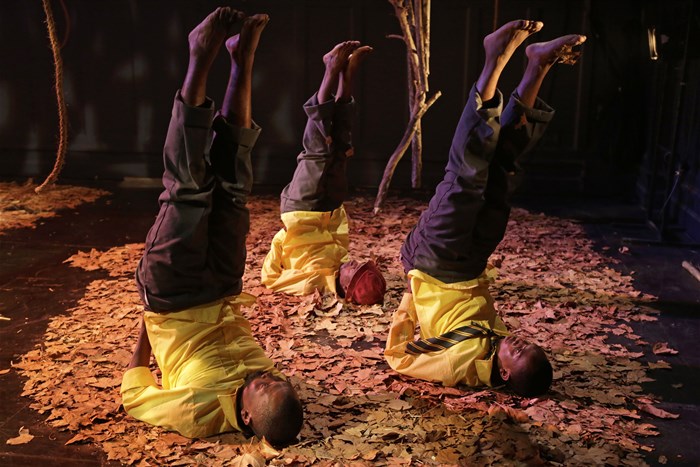
As vaccination accelerates, we may be tempted to think that there will be a return to normal or freedom from the burden of Covid, but as witnessed in countries at a more advanced stage of inoculation, there is still a time ahead where we will grapple with the fine lines between personal and community freedom and the need to contain the spread of the virus into the unknown.The arts has taken extreme strain and artists will need to continue to be extremely resourceful to survive and thrive in this challenging time. The support of the public is essential to this, please don’t wait till the arts is hollowed out to appreciate what it offers us all.









